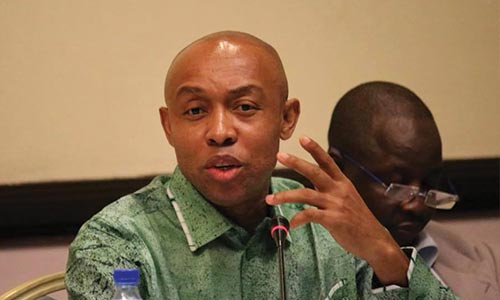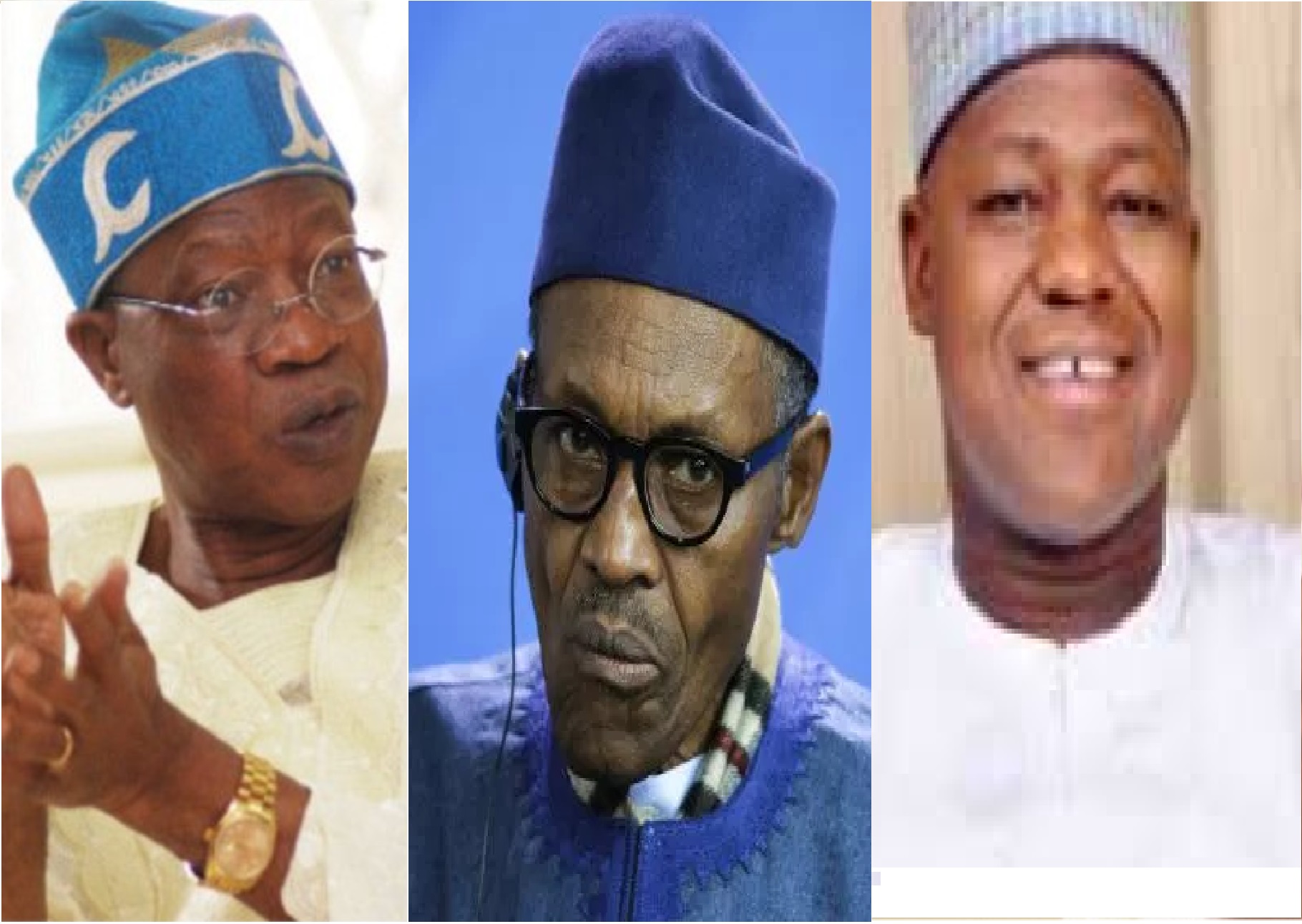Comments and Issues
Anti-NGO bill seeks to put every Nigerian in bondage – Prof Chidi Odinkalu
Published
8 years agoon
By
Olu Emmanuel
In a clear pronouncement to the public, Prof Chidi Odinkalu, a human rights activist is urging Nigerians to stand against the success of what he calls, ‘the most dangerous piece of legislation to come before the National Assembly since the return of civilian rule in 1999’.
There is a context to this NGO Regulation Bill which is important. It comes at a time when the Federal Government, led by the same party whose parliamentary caucus Hon. Jibril leads in the House, has signaled enthusiasm and desire to establish a commission to regulate social media content. This, despite the fact that a similar measure previously sponsored by Hon. Jibril’s counterpart as the Deputy Majority Leader in the Senate, Bala Ibn Na’Allah, had earlier failed to pass muster. Around many states of the country, social media activists are routinely persecuted. With the active encouragement of the Federal Government and the ruling party, free expression is being chilled and dissent criminalized.
The NGO Regulation Bill is the latest among these measures to constrain the civic space and destroy dissent. It comprises 58 sections of extraordinarily bad drafting, jumbled thinking and un-concealed ill-will.
The Bill proposes to create an NGO Regulatory Commission, which will be headed by an Executive Secretary appointed by the President for five years and a 17-member Governing Board, led by a Chairman, all of whom shall also be appointed by the President. The Board will have powers to license all NGOs. Without the license of the Board, no NGO can operate. The license of the NGO Board alone (not registration with the Corporate Affairs Commission) will confer legal personality and perpetual succession on NGOs. However, such a license must be renewed every 24 months. If not, legal personality is lost. Clearly, no one told Hon Jibril that the idea of renewing legal personality defeats the entire purpose of corporate personality.
The Board can refuse renewal for no reason. It can also capriciously waive all the requirements of the law, including registration.
The Minister (of Interior) can direct the Board at his whim as he deems fit, including, presumably, to register or de-register any NGO.
All NGOs must submit reports to the Board of their money, where they get it from and how much. Before an NGO spends any money received, it must secure the permission of the NGO Board. If it does not, it violates the law. That’s a crime under the Bill. The Board will also license NGOs on co-operation with international bodies.
The Bill requires NGOs to comply not merely with all laws but also with “all national and foreign policies”, whatever that means.
Any violation of the Bill when passed into law is a crime punishable with up to 18 months in prison.
The Board will enjoy substantial immunities under law and from process and any judgement against it cannot be enforced except with the express permission of the serving Attorney-General of the Federation.
As if these were not enough confusion, the Bill proposes that the Board will also oversee a Voluntary Code of conduct for NGOs to be adopted by “the first one hundred NGOs to be registered by the Board.” The Code will be operated by a National Council for Voluntary Agencies.
Prof Chidi Odinlaku says, the flaws in the Bill are too many to be covered in the space available. Seven deserve to be highlighted.
It’s recalled that when the bill was introduced in 2016, Deputy Majority Leader, Jibril, claimed that there was no existing framework “to supervise the mode of operations” of NGOs.
Above all, at a time of poor public finances, it seeks to create yet another pointless parastatal and add to government overheads.
As military ruler in 1984-85, President Buhari showed single-minded intolerance for dissent. When he ran again for the Presidency in 2015, he sold himself as a converted democrat.
A President and ruling party already under considerable suspicion for intolerance do not need the distraction of this Bill. It has already passed first and second readings in the House and has been remitted to committee.
In September, the House of Representatives Committee on Civil Society will hold a public hearing on the Bill. If the Committee does not kill the Bill, it will label the President and his party as politically toxic at a time that neither of them needs that. This Bill deserves to die.
You may like


Corona virus: What’s the logic in opening markets, shutting Churches? Odinkalu blasts FG


Jubril, Rep who sponsored controversial NGO bill, is dead


Who is afraid of civil society?


NGO bill: Dogara dismisses critics, raises more issues


NGO Regulation Bill: SERAP, Odinkalu’s video rattle House Of Reps


The NGO Regulatory Bill
Trending

 Entertainment6 days ago
Entertainment6 days agoSimi addresses resurfaced 2012 tweets amid online backlash

 Health1 week ago
Health1 week agoSCFN, LUTH introduce bone marrow transplants as curative treatment for sickle cell

 Health4 days ago
Health4 days agoDeclassified CIA memo explored concealing mind-control drugs in vaccines

 Football1 week ago
Football1 week agoHarry Kane nets brace as Bayern edge Frankfurt 3–2 to go nine points clear

 Football1 week ago
Football1 week agoLate Flemming header stuns Chelsea as Burnley snatch 1–1 draw at Stamford Bridge

 Crime5 days ago
Crime5 days agoSenior police officers faces retirement after Disu’s appointment as acting IGP

 Education6 days ago
Education6 days agoPeter Obi urges JAMB to address registration challenges ahead of exams

 Crime1 week ago
Crime1 week agoTwo killed, seven injured in early-morning shooting in Richmond’s Shockoe Bottom

